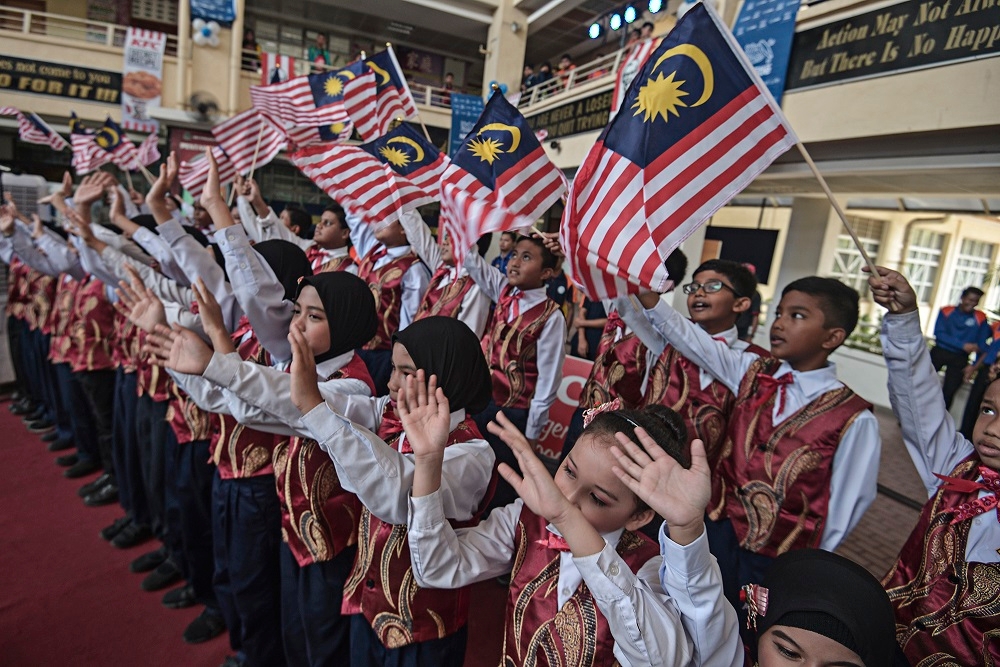MARCH 27 — The proposal for the Ministry of Education to provide the Jalur Gemilang flag badge free of charge for school uniforms raises numerous important discussions surrounding patriotism, financial implications, and the realities faced by families today. While the initiative may be well-intentioned, emphasising national pride among children, it necessitates a closer examination of its costs and beneficiaries.
One crucial aspect of this initiative is the question of funding. If the Ministry provides the badges for free, it alleviates the financial burden from parents. However, if parents are expected to bear this cost, especially for families in the B40 (bottom 40 per cent income bracket), it could prove to be an additional financial strain at a time when the cost of living is escalating dramatically. Basic necessities and educational expenses are already a significant challenge for these families. Adding the cost of flag badges could divert essential resources away from other needs, such as food, transportation, and educational materials.
This raises a critical question: who truly benefits from this initiative? If the badges are provided at little to no cost, there may be an underlying agenda that privileges suppliers or manufacturers who will profit from the production of these badges under a government contract. In scrutinising the economic implications of such a policy, we must ask whether national symbols should come with a price tag, especially when economic pressures are weighing heavily on families.

According to the author, the decision to provide the ‘Jalur Gemilang’ flag badge is not as simple as it may initially appear. It touches on the complexities of financial burdens on families, questions of profit motivations, and the essence of true patriotism. — Picture by Shafwan Zaidon
Moreover, while the intention behind introducing symbols like the Jalur Gemilang on school uniforms is to foster patriotism, there is a risk of it becoming a commodified gesture. The very act of wearing a flag badge can easily become a hollow symbol if not accompanied by a deeper engagement with the values and responsibilities it represents. If our youth come to see patriotism as merely a transaction — buying a badge to fulfil a requirement — rather than a heartfelt commitment to their country, the effort may backfire, undermining the intended message of national pride.
The reality is that we cannot overlook the broader socio-economic factors that contribute to diminishing feelings of patriotism among the youth. Instead of imposing additional costs in the form of a badge, let’s invest in educational programmes that engage students in meaningful discussions about their national identity and the responsibilities that come with it. We could focus on community initiatives that promote bonding over shared values and history rather than simply affixing a badge to uniforms.
In conclusion, the decision to provide the Jalur Gemilang flag badge is not as simple as it may initially appear. It touches on the complexities of financial burdens on families, questions of profit motivations, and the essence of true patriotism. To create a generation that values their national identity, we must provide them with the tools to understand and engage with that identity — beyond mere symbols — while being mindful of the economic realities that impact their lives today. Investing in genuine engagement, rather than symbolic gestures with financial implications, is the key to nurturing a heartfelt commitment to our homeland.
* This is the personal opinion of the writer or publication and does not necessarily represent the views of Malay Mail.






